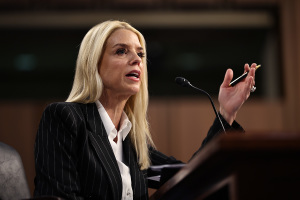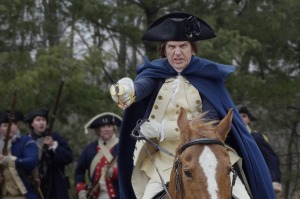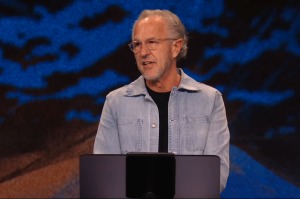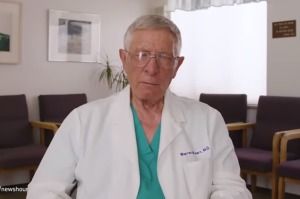What is faithful Baptist public theology?
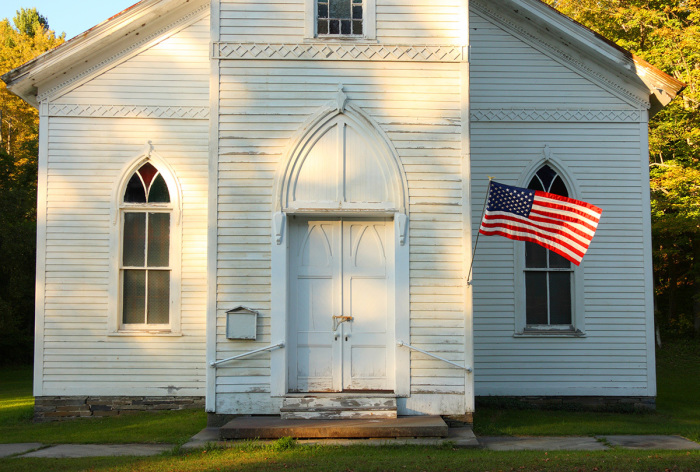
How do you sum up a ministry devoted to articulating and advocating for Baptist distinctives in the public square?
This is the aim of a new project (Christianity and American Culture Today), festschrift in honor of Dr. Richard Land, one of the more consequential faith leaders in the modern era. A diverse and eclectic group of Christians penned essays both lauding Land and articulating their version of what public theology looks like. Careful readers won’t agree with every essay, but will come away appreciating the ministry of this distinguished Christian public intellectual.
After studying at Princeton, New Orleans Baptist Theological Seminary, and Oxford, Land served as academic dean at Criswell College (1975-1988) before being elected to serve in the role that would bring him to the apex of Christianity and public policy. Land served as president of the Ethics & Religious Liberty Commission, representing Southern Baptists in a consequential era (1988-2013) that bridged the 20th and 21st centuries.
In Land’s time, he witnessed the end of the Cold War, the beginning of the War on Terror, and the cultural shifts that brought about the redefinition of marriage. And yet, while his advocacy and public scholarship often aligned him with other right-leaning Evangelicals, he always led with Baptist distinctives, such as soul liberty, a free church in a free state, and regenerate church membership. Sometimes this put him at odds with allies, as Land was unwilling to see the state inch toward endorsement of Christianity at the detriment of religious liberty.
Land was a vocal advocate of religious freedom, not only in domestic policy, but also in championing the plight of persecuted people of faith around the world. He was appointed and reappointed by President George W. Bush (and later by Sens. Frist and McConnell) to serve as a commissioner on the U. S. Commission on International Religious Freedom (2001-2012). He was a frequent adviser to Bush on issues such as religious liberty, the sanctity of human life and immigration reform. Land was a leader in seeking to reform a broken immigration system. He is also much appreciated for his leadership in helping to craft and shepherd to overwhelming approval the landmark 1995 apology offered by the Southern Baptist Convention for the role that slavery and segregation played in the creation and the shaping of the denomination.
As someone who served at the ERLC under Land’s successor, Russell Moore, and is now director of a center named for Land, I have come to appreciate the difficult role of both representing Southern Baptists in the public square and helping to shape the ethics of Southern Baptists in the pews. It is a job that requires both a big heart and thick skin, for where two or three Southern Baptists are gathered, there are at least five political opinions.
Yet readers of Christianity and American Culture Today will appreciate the way the authors' contributions align with Land’s tenure, such as the chapter on his role in guiding the pro-life movement to dominance in Southern Baptist life. The contributions of the Family Research Council’s Tony Perkins and my former ERLC colleague, Barret Duke, on the necessity of Christian engagement in the public square, are highlighted as well. The chapter by Southern Baptist statesman Jimmy Draper on the role of Scripture in the founding of America is also very helpful.
Most of all, though, I hope that the readers of this volume will come away with an appreciation for the distinguished service of a kind and brilliant public intellectual, whose gifts continue to serve Southern Baptists and other Evangelicals today.
















